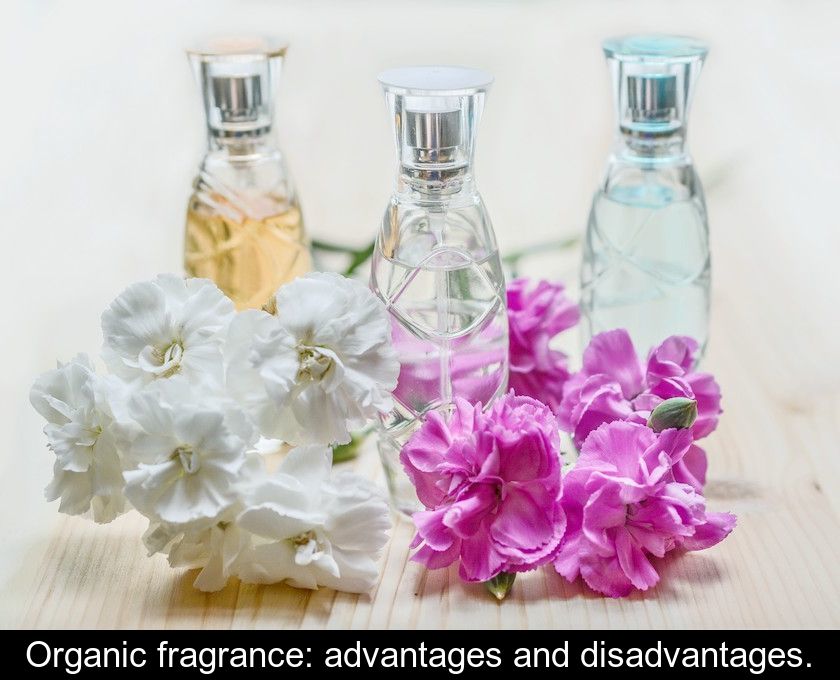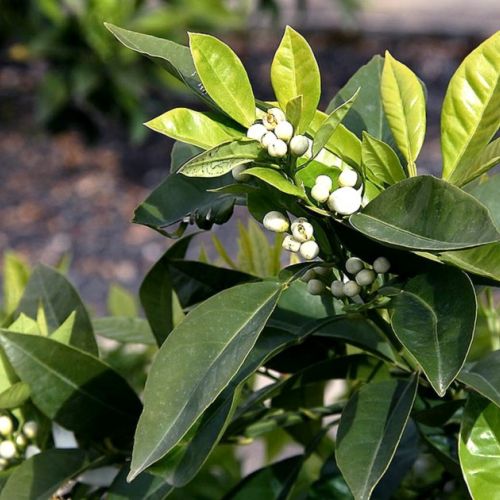Organic Fragrance: Advantages And Disadvantages.
With the consumer enthusiasm for natural cosmetics, many brands are tempted to jump on the "organic" trend. However, in the perfume aisle, labeled products cannot compete in complexity with conventional fragrances. Here is a brief summary of the main advantages and disadvantages of organic perfume.
Benefits of organic perfume
The organic perfume is aimed at all those who are looking for chemical-free beauty products. Its main advantage is that it contains 100% natural ingredients.
As a result, organic perfumes are devoid, in their composition, of synthetic materials used in conventional perfumes such as synthetic musks and phthalates, for example.
In organic perfumery, the range of available raw materials is reduced to only 300 ingredients, instead of the 3000 raw materials usually used in perfumery. Some components, such as those obtained using solvents, are simply prohibited.
Note: Contrary to popular belief, organic perfumes, which use natural essences, are not lighter than others. The carrier is composed of alcohol from organic plants and denatured with organic essential oils. The fixative is natural and derived from flowers such as iris, benzoic resin or essential oils such as patchouli or cedar.
Disadvantages of organic perfume.
The first drawback is that there is not a lot of choice in organic perfume ranges. In order to obtain the Ecocert certification or the Cosmébio label, manufacturers must comply with very strict rules. To be labeled as "organic", a perfume must contain 100% natural origin ingredients, including 10% from organic farming!
As the range of raw materials is very limited, it is impossible to reproduce certain fragrances in organic form. Synthetic notes, which appeared in our perfumes at the end of the 19th century, have no equivalent in nature.
Noses who create organic fragrances have far fewer notes at their disposal. This is why organic perfumes are less sophisticated and subtle than others. No standardized scent or one that cannot be found in nature is included!
To conclude, it should also be noted that organic perfumes are not a guarantee against allergies because the essential oils they contain can be allergenic.
Did you know?
As with a classic perfume, the longevity of a natural perfume on the skin varies depending on each composition. Even natural essences such as lavender are more "persistent" than others.
Another beauty product used daily, deodorant is also less harmful to health and the planet when chosen as organic and natural.
Organic deodorants have the main advantage of being free of synthetic components such as parabens or triclosan or aluminum salts that clog the pores of the skin.
Organic products allow the skin to breathe and avoid sweat odors thanks to natural components such as flower extracts, citrus, tea tree, or clove! Solid versions are even more ecological and economical because they last much longer...








